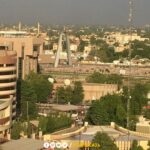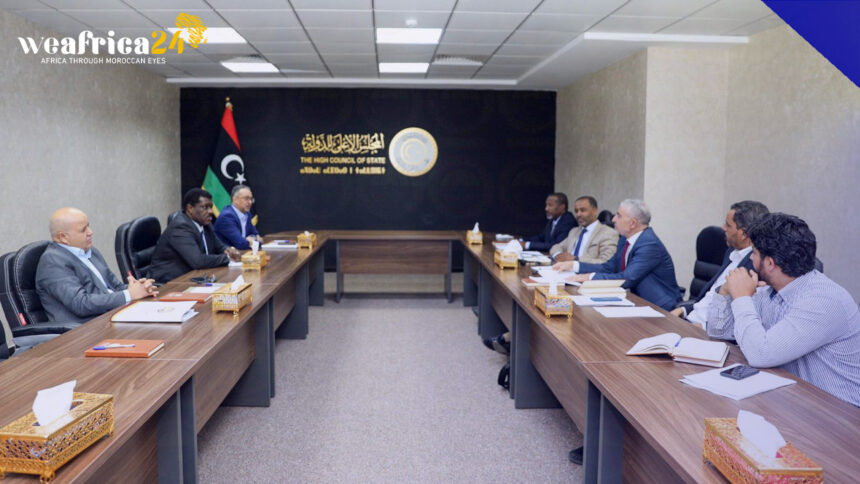On the scheduled day, Libyan leaders convened in Morocco to reach a conclusive agreement on newly proposed electoral laws. However, it is anticipated that any announcement made regarding voting regulations or the establishment of a fresh interim government will likely face opposition, potentially leading to further delays in the overall political progress.
In the early morning hours, Aguila Saleh, the head of the House of Representatives (HoR), and Khaled al-Mishri, the head of the High State Council (HSC), departed for Morocco to finalize an agreement. A member of the HoR and a spokesperson for al-Mishri expressed their hopes of successfully agreeing to their visit.
Following a prolonged period of political inactivity, the two leaders are anticipated to present any potential agreement as a significant milestone. This development comes after months of stagnation, with Abdoulaye Bathily, the United Nations envoy, suggesting that national elections could take place by the year’s end if a deal is successfully reached within this month.
Nonetheless, a notable objection has emerged from 61 members of the House of Representatives (HoR) and certain members of the High State Council (HSC), expressing discontent towards the negotiation approach employed by their respective leaders and declaring their intention to oppose the ratification of any resulting agreement. This dissent within their ranks adds a significant challenge to the potential acceptance and implementation of the agreement.
For a considerable duration, Libya’s political process has been plagued by persistent disputes about fundamental constitutional matters, such as the delineation of roles for the president and parliament. Additionally, contentious issues surrounding electoral law, including the eligibility of polarizing candidates, have further complicated the situation. These ongoing challenges have been a source of constant vexation, impeding the progress of Libya’s political landscape.
Following the collapse of the December 2021 election due to disagreements over the rules, both the House of Representatives (HoR) led by Saleh and the High State Council (HSC) headed by Meshri have refused to acknowledge the legitimacy of Dbeibah’s government. The rejection by these influential bodies has further complicated the political landscape, contributing to an atmosphere of disunity and skepticism surrounding the current administration.
As per the 2015 political agreement, the international community mandates that any new constitutional rules allowing an election or a change in government must be approved by both the House of Representatives (HoR) and the High State Council (HSC). Their collective endorsement is crucial for legitimacy and international recognition in Libya’s political processes.







